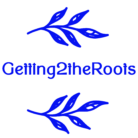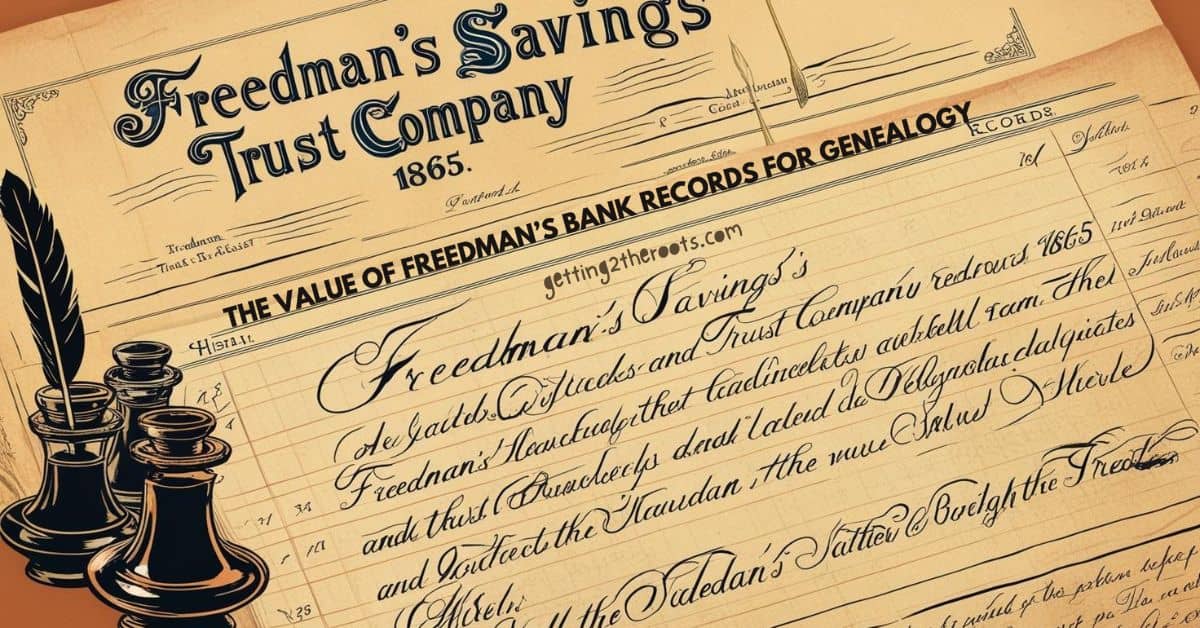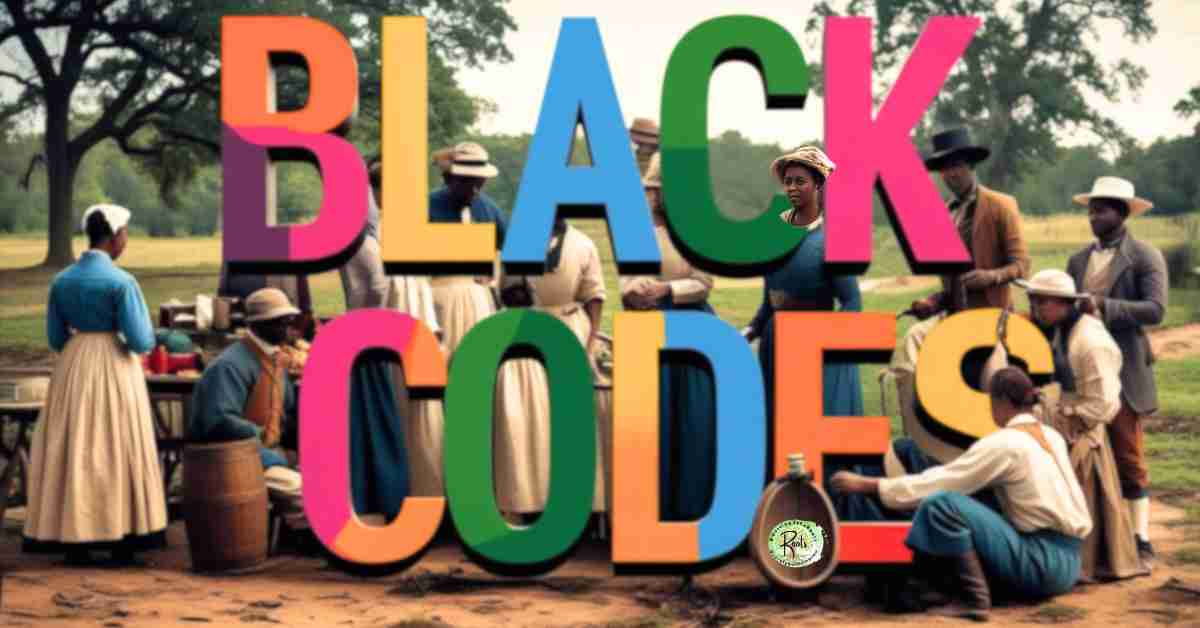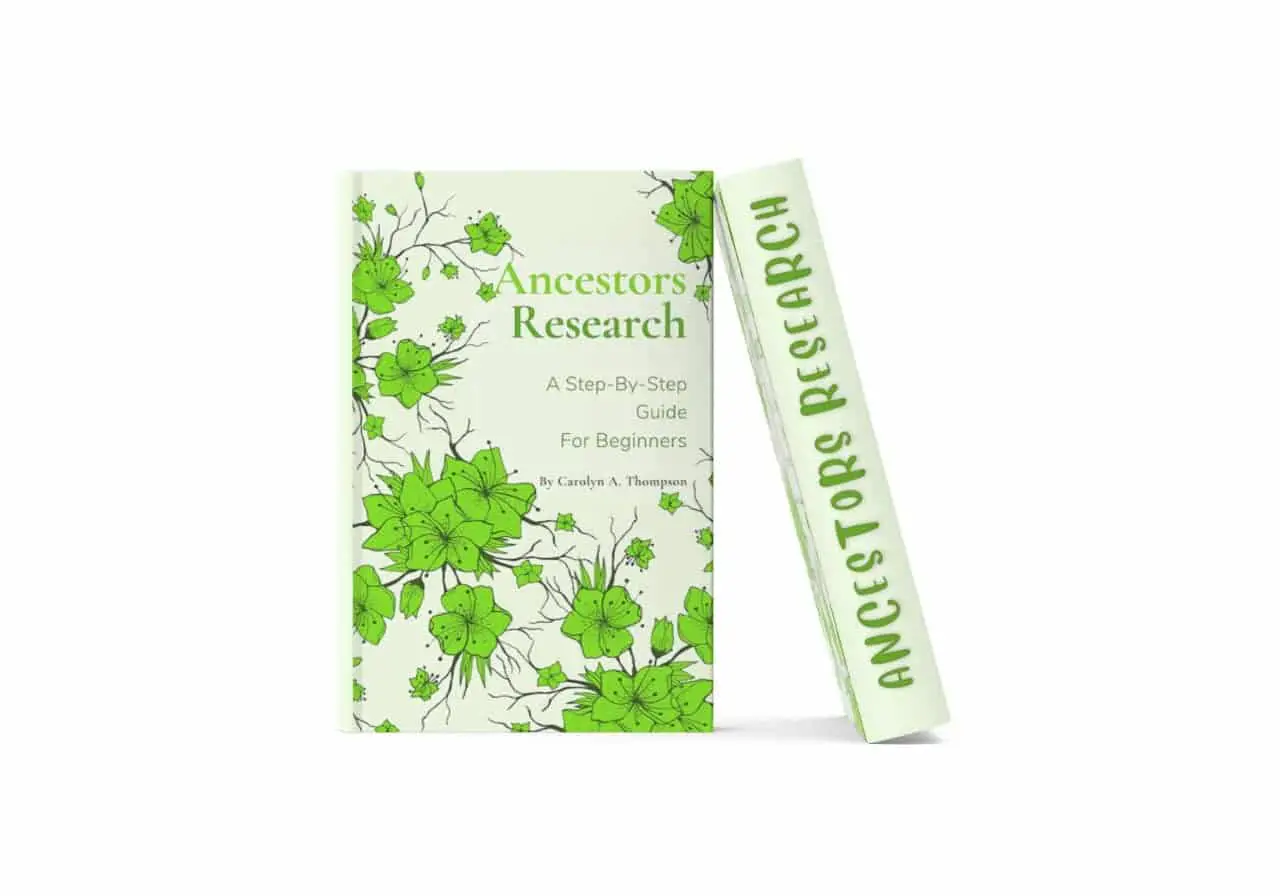Embarking on a quest through our ancestral past is more than a mere curiosity—it’s a deep dive into the heart of our heritage, and at the center of this exploration lie the Freedman’s Bank Records, a treasure trove of historical narratives from 1865 to 1874.
In the wake of the Civil War, this institution stood as a beacon of economic empowerment for newly emancipated African Americans.
Today, these records are not just paper trails but gateways to personal legacies, providing researchers with critical links to African-American lineage.
As we unlock the stories within the Freedman’s Bank archives, we find more than just names and dates—we discover connections.
These documents chart a course of kinship and residency, offering a clear roadmap for genealogists, especially descendants seeking to trace their African-American roots.
By understanding how to access and interpret these records effectively, family historians can shed light on their ancestors’ journeys and, by extension, their own place in history.
Let’s delve into the origins, contents, and unparalleled research value of the Freedman’s Bank records.
Understanding this powerful tool is crucial for anyone piecing together the puzzle of their family’s past, providing essential context and detail that can bring a family tree to life.
Ready to journey through your family’s past? Explore our “Unlocking Secrets: Best African American Genealogy Websites.”
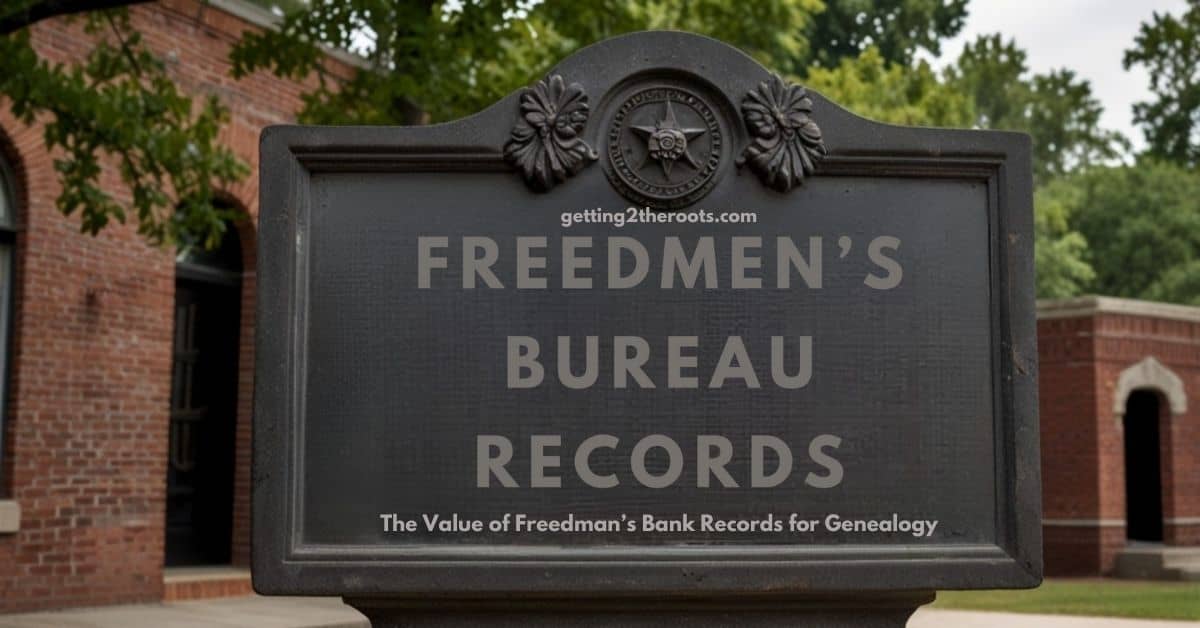
Understanding Freedman’s Bank Records
Exploring the Depths of Freedman’s Bank Records for Ancestral Insights
In the quest for ancestral knowledge and historical understanding, the Freedman’s Savings and Trust Company’s records stand as a beacon.
More commonly known as Freedman’s Bank, this institution was more than just a financial entity; it was a cornerstone for African Americans to secure economic stability after the Civil War.
The significance of these records extends far beyond mere financial transactions—they are a genealogical goldmine, particularly for African-American heritage research.
The Essential Role of Freedman’s Bank in Genealogical Research
Freedman’s Bank was established in 1865, heralding a new era of hope for newly freed African Americans.
- Here, individuals could deposit earnings, marking the beginning of newfound financial autonomy.
- For genealogists, however, the bank’s ledger books are of paramount importance.
- The unfortunate scarcity of records pre-Civil War makes tracing African American lineage back to their African origins challenging.
- The Freedman’s Bank records bridge this historical gap, offering a rich seam of personal information.
Containing detailed records of over half a million account holders and their family members, the bank’s archives are unique.
They reveal not only names but also vital familial connections, birthplaces, information about former enslavement, and personal descriptions.
This wealth of data has become an irreplaceable tool for connecting the dots of family history.
Historical Echoes within Freedman’s Bank Records
Beyond genealogy, Freedman’s Bank Records offer a glimpse into a transformative time in American history.
They chronicle the transition of African Americans from enslavement to earning wages, reflecting not just economic shifts but also the social currents of the time.
These records are not just lists and numbers; they are stories, aspirations, and the lived experiences of individuals during a critical period of change.
Researchers focused on slavery, the emancipation period, and the Reconstruction era will find these records indispensable.
The raw data contained within paints a vivid portrait of life for African Americans during these times, providing depth to the broader narrative of American history.
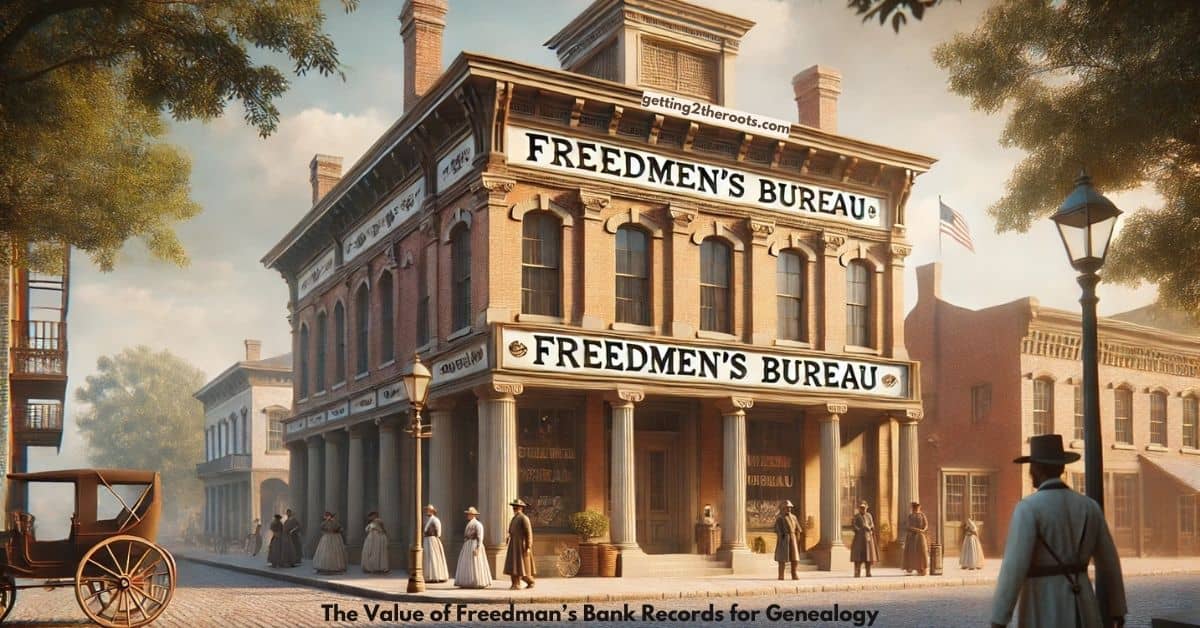
Unearthing Narratives with Freedman’s Bank Records
Today, Freedman’s Bank Records are more than historical documents; they are keys to unlocking past resilience and perseverance.
As we seek to understand the journey from enslavement to freedom, these records help to foreground the unwavering spirit of African Americans.
They offer not only a connection to the past but also enrich our understanding of the collective human spirit’s capacity for endurance and triumph over adversity.
In essence, Freedman’s Bank records provide a channel through which the African-American experience can be recognized and celebrated.
They stand testament to the ability of a people to strive for economic and social standing against formidable odds.
Through these records, history is not merely understood; it is felt, as they continue to inspire and inform our grasp of the past, illuminating the perseverance that has defined the African-American experience throughout the ages.
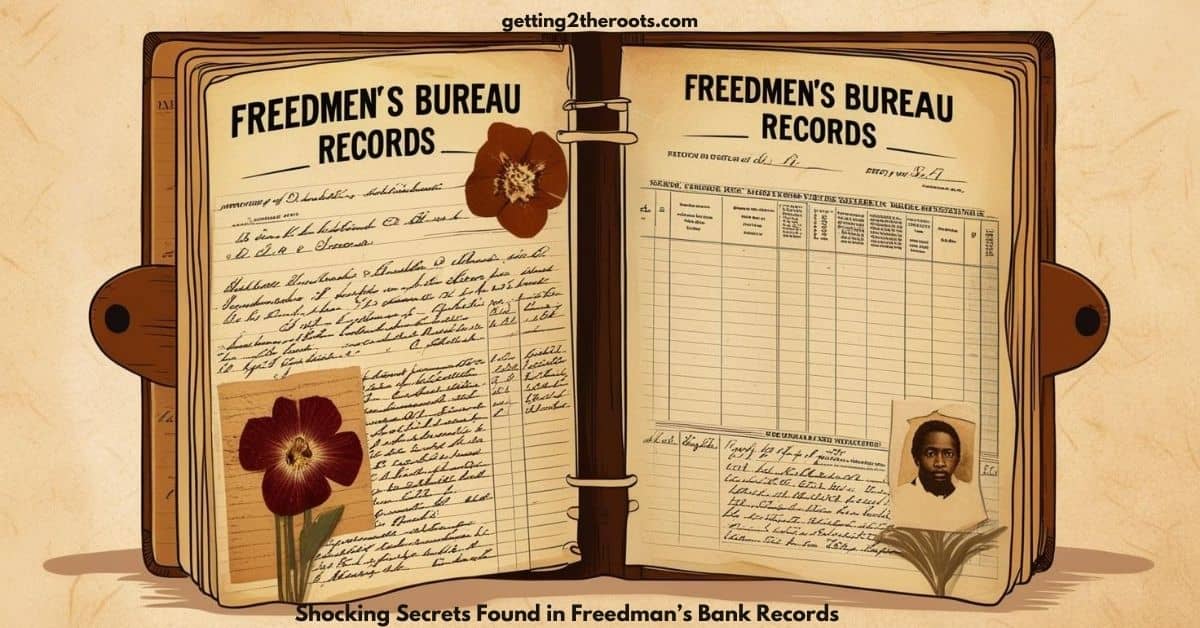
Accessing Freedman’s Bank Records
Exploring the National Archives: A Direct Link to History
For those tracing their heritage, access to Freedman’s Bank Records is a portal into the past.
While the National Archives in Washington, D.C., is the custodian of these historical documents, providing public access to the originals, one does not need to walk through its halls to explore them.
Visiting the National Archives is indeed a worthwhile experience, offering a tangible connection with history.
However, it requires preparation; scheduling an appointment ensures that the specific materials you seek are ready for your visit.
This direct engagement with the archives can be an evocative experience, as you are faced with the same documents your ancestors may have held.
Digital Access to Records: Online Platforms and Databases
In our digital age, accessibility has been broadened thanks to several online databases.
Platforms like Ancestry.com and FamilySearch.org have partnered with the Archives to offer indexed digital versions of the records.
Creating an account on these platforms opens up a realm of search possibilities, allowing you to delve into their extensive collections.
The simplicity of online searches should not overshadow the complexity of the information.
These databases are powerful tools that require a keen eye for detail and patience for sifting through possible variations in records.
The records’ digitization has also been a boon for educational institutions and researchers.
The digitization of Freedman’s Bank records has enabled their integration into a variety of educational programs and research projects.
This has significantly contributed to shedding light on the African-American experience for a broader audience.
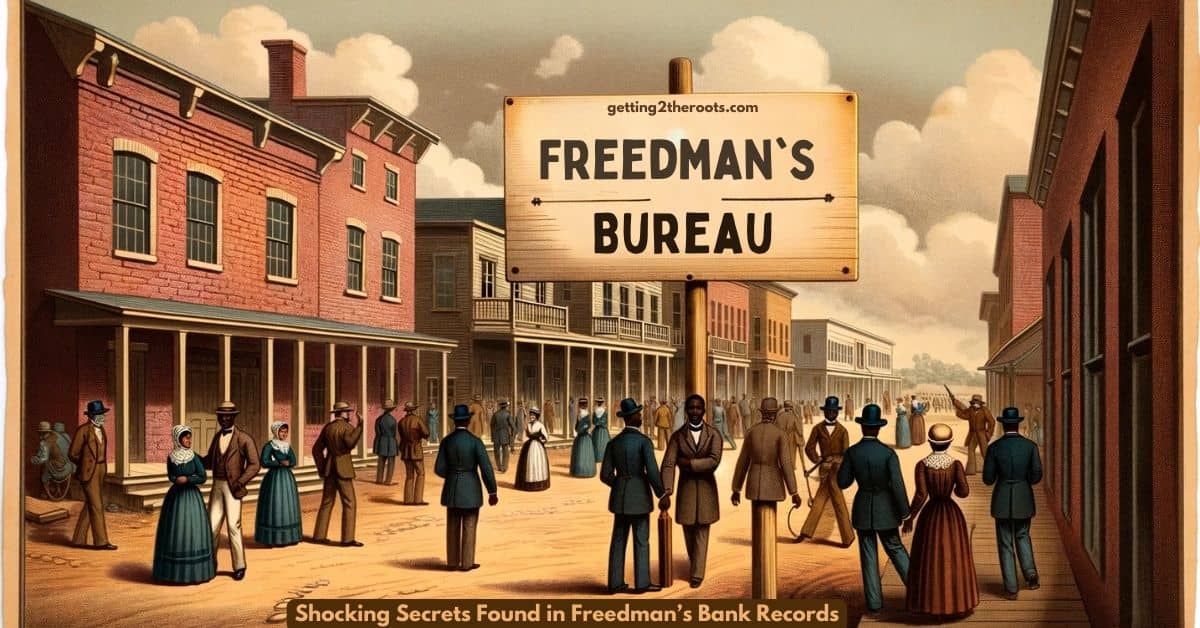
Navigating Challenges in Record Interpretation
It’s paramount to approach these records with flexibility and an understanding of the era’s recording practices.
The spellings of names were not standardized, and handwriting can be difficult to interpret, leading to variations in the transcribed records.
A broad search strategy, encompassing variations in spelling and potential transcription errors, increases the chances of successful genealogical discovery.
The Significance of Freedman’s Bank Records in Genealogy
The resonance of the Freedman’s Bank Records goes beyond their genealogical value. The details within:
- A name,
- An age,
- A birthplace,
- A lineage
These records serve as a heartfelt tribute to the individuals who emerged from the shadows of slavery.
These people strove to establish their identity in a new world, marking a significant transition in their lives.
For their descendants, the value of these records extends far beyond mere pieces of paper. They represent a cultural DNA sequence, profoundly and movingly linking them to their ancestors.
Embarking on this journey of discovery, armed with respect for the narratives these records hold, can be a transformative experience.
The Freedman’s Bank records do not just enable the mapping of family trees; they connect us with the enduring spirit and resilience of those who came before, enriching our understanding of history and ourselves.

Analyzing Freedman’s Bank Records
Meticulous Methods for Unearthing Histories in Freedman’s Bank Records
The intricate examination of Freedman’s Bank records for genealogical discovery necessitates an unwavering dedication to detail and precision.
Deciphering these precious documents demands a sophisticated combination of investigative skills and historical insight.
This process is much like an intricate dance between the roles of detective, historian, and genealogist, with each aspect intertwined with the others.
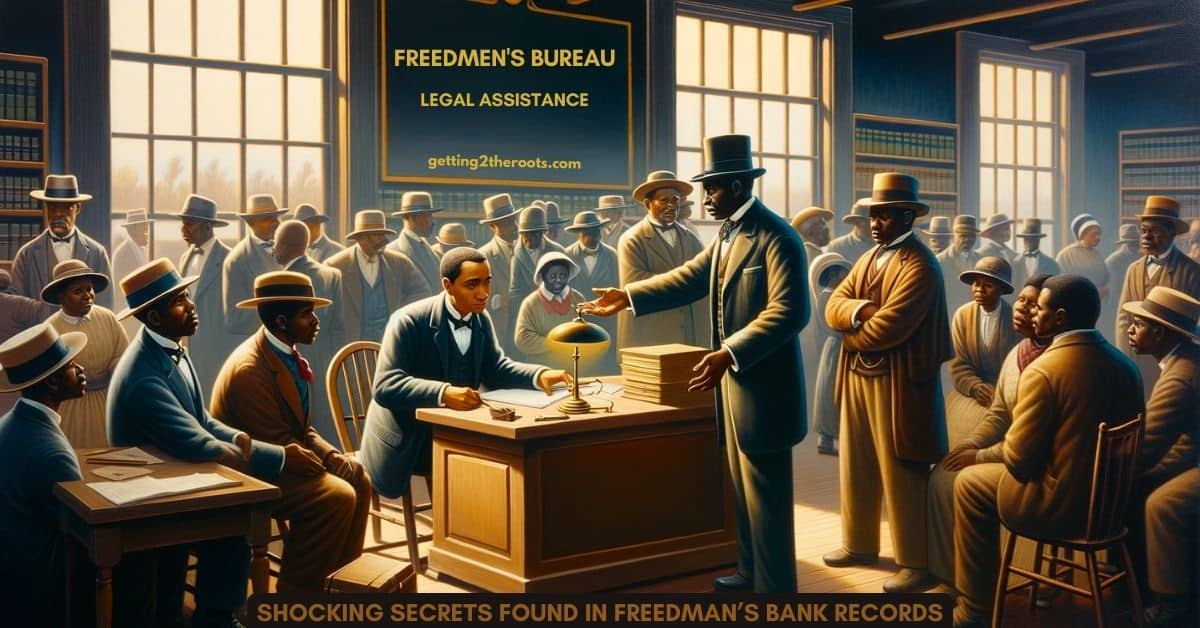
Precision and Context in Genealogical Exploration
For those who undertake this journey, it is crucial to meticulously scrutinize the Freedman’s Bank Records with a critical lens.
Recognizing patterns, discrepancies, and possible connections is fundamental to constructing robust genealogical profiles.
When doing this job, it is common to compare it carefully to other historical sources, like census data and Freedmen’s Bureau archives.
This adds to the reliability of the information and makes the historical tapestry more colorful.
The accurate interpretation of these records also calls for a deep understanding of the historical and cultural contexts in which they were written.
The peculiar idioms, abbreviations, and societal norms of the time may initially seem cryptic, but they are rich with meaning.
Comprehending these nuances can dramatically enrich the narrative of one’s genealogical quest.
Embracing the Unexpected in Ancestral Narratives
In documenting and interpreting these findings, one must remain agile and receptive to surprises.
Discoveries may challenge long-held family beliefs, yet these revelations are invaluable, adding layers to the African-American ancestral narrative with their potent truths.
Modern technological advancements provide powerful tools for researchers.
The advent of digital records and searchable online databases, especially on platforms such as Ancestry.com, has revolutionized the research process.
This switch to digital makes things faster and gives us more options for analysis, so we can look at historical data in a more in-depth and dynamic way.
The Collective Journey of Genealogical Research
Such interpretative work mustn’t be conducted in a vacuum. Engaging with a community of researchers and genealogists can significantly enrich the process.
Collaboration can prevent redundant efforts, illuminate research blind spots, and provide vital confirmations, ensuring that every stone is turned with scholarly care and shared expertise.
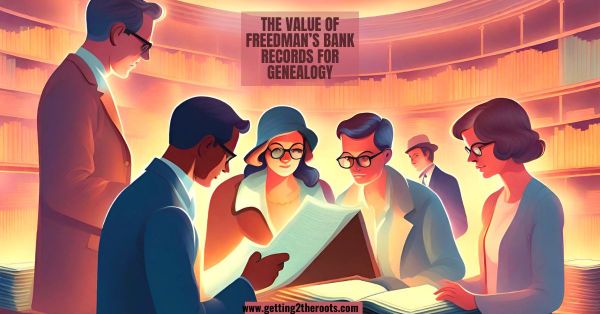
Expanded Examination Techniques for Freedman’s Bank Records
When engaging with Freedman’s Bank records, the first step is to set out clearly defined research objectives.
Knowing what one aims to discover guides the direction and depth of analysis, whether it’s unraveling the lineage of an individual or probing the broader historical context of an era.
Each record must be sifted for pertinent information with the utmost care, piecing together the puzzle of names, places of origin, professions, and physical traits noted within.
This labyrinth of data is dense, yet it is the very key to unlocking genealogical secrets and social histories.
By comparing records, researchers can trace the delicate threads that link families and communities across time.
Researchers must also be prepared for the idiosyncrasies of the records—the orthographic variations and data inconsistencies reflective of a turbulent period in history.
Here, creativity and an open mind are indispensable, as rigid expectations can obscure potential discoveries.
Flexibility in interpreting spellings and other details can uncover connections that strict adherence to modern standards might miss.
As discoveries unfold, it is imperative to systematically record every shred of information gleaned.
This could mean meticulous transcription, the formation of databases, or the crafting of detailed family trees.
Such structured documentation not only clarifies the path of inquiry but also becomes a foundation for identifying patterns and connections that might otherwise remain obscured in the annals of history.
In essence, the study of Freedman’s Bank records is a sacred task—a delicate dance of honoring the past, understanding the present, and shaping the future narrative of generations.
With every name, date, and description meticulously recorded, the untold stories of African-American ancestors are brought to light, ensuring their legacies continue to inform and inspire.

Conclusion
In the rich tapestry of American history, the Freedman’s Bank Records stand out as vital threads that offer profound insights into African-American genealogy.
Interpreting and documenting these records is an intricate dance between critical analysis, historical context, technological leverage, and collaborative research.
This task, while challenging, allows for a deeper connection with our ancestry, illuminating the nuances of African-American lives post-emancipation.
The process of working with these historical documents is multifaceted. It demands not only the ability to connect various pieces of information but also an appreciation of their historical significance.
Researchers must keep an open mind to embrace unexpected discoveries and possess the wisdom to navigate potential discrepancies and gaps in the records.
Armed with these records, researchers and descendants alike can reclaim narratives that time had almost obscured, creating a powerful bridge to the past.
As researchers delve into these hand-written ledgers, they must approach them with reverence, recognizing that each entry represents a life, a story, and a chapter in the broader narrative of American history.
These records are not merely archival material; they are silent witnesses to history, offering a glimpse into the resilience and determination of individuals during one of the most transformative periods in American history.
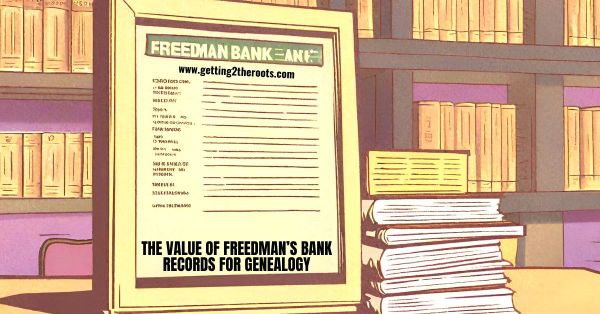
The task of uncovering these genealogical gems is indeed laborious, but the reward is immeasurable.
It provides an unparalleled sense of connection to the past, enriching personal identities and contributing to the collective understanding of American history.
The stories waiting within the Freedman’s Bank records are not just stories of bygone eras; they are the foundations of many personal legacies.
And it is through our dedicated research that these legacies continue to resonate in the present day.
Frequently Asked Questions (FAQ) For Researching Freedman’s Bank records
1. What are Freedman’s Bank records, and why are they important for genealogical research? Freedman’s Bank Records are historical documents from an institution established to assist newly emancipated African Americans after the Civil War. They are crucial for genealogy because they contain personal details such as names, family relationships, places of birth, and occupations, which can help trace African-American lineage and heritage.
2. How can I access Freedman’s Bank records for my research? Freedman’s Bank records are available through several online platforms, including the National Archives, Ancestry.com, and FamilySearch. They can be accessed digitally, and many are searchable by name and other details.
3. What challenges might I encounter when interpreting these records? You may encounter legibility issues, archaic terminology, abbreviations, cultural nuances, spelling inconsistencies, and missing information due to the nature of record-keeping at the time. Understanding the historical context and being flexible in your search approach is key to overcoming these challenges.
4. Can Freedman’s Bank records provide information beyond names and dates? Yes, these records can provide a wealth of socio-historical context. They often include details like personal descriptions, family structures, employment history, and migration patterns, offering a more comprehensive view of an ancestor’s life.
5. Are Freedman’s Bank records the only source I should use to trace my ancestry? While Freedman’s Bank records are invaluable, they should be used in conjunction with other sources for a more complete picture. Census records, military service records, slave schedules, and other archival materials are also critical resources in genealogical research.
